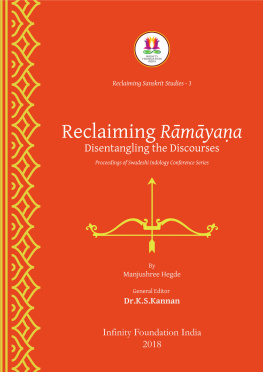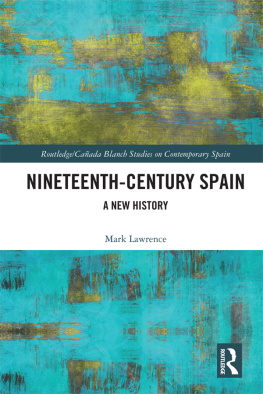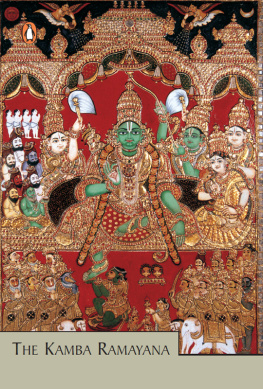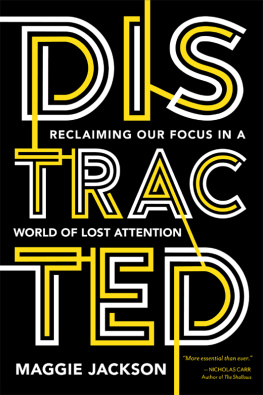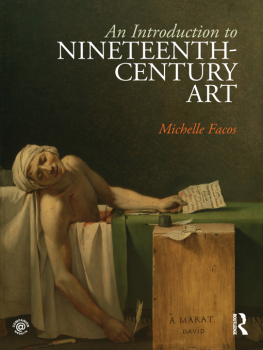Title Page

Reclaiming Sanskrit Studies - 3
RECLAIMING RMYAA
Disentangling the Discourses
By
Manjushree Hegde
General Editor
Dr. K.S. Kannan
Infinity Foundation India
2018
Copyright
Reclaiming Sanskrit Studies - 3
RECLAIMING RMYAA : Disentangling the Discourses
Author: Manjushree Hegde
Editor: Dr. K.S. Kannan, Former Director,
Karnataka Samskrit University, Bangalore.
email: ks.kannan.2000@gmail.com
Pages:
Year of Publication: 2018
ISBN: 978-81-934486-5-6
Price in India: 175/-
Infinity Foundation India
7 MGR Road, Kalakshetra Colony,
Besant Nagar, Chennai - 600 090
email: swadeshindology@gmail.com
website: www.swadeshiindology.com
Typeset and Digital Edition created by:
Sriranga Digital Software Technologies Private Limited,
Srirangapatna 571 438. Tel: (08236)-292432.
www.srirangadigital.com
Printing:
Anupam Art Printers
Plot number 3, Sector 7, IMT
Manesar, Gurugram
www.anupamartprinters.in
Cover Design by:
Vaidehi. V. Gangur
Transliteration Scheme
| k | kh | g | gh |
| c | ch | j | jh |
| h | h |
| t | th | d | dh | n |
| p | ph | b | bh | m |
Shown in bold in this chart are letters that require diacritics, and the few that are confusibles (owing to popular spelling).
About Infinity Foundation India

The deva-s love the performer of yaja,
not the one who slumbers gveda 8.2.18
Infinity Foundation (IF), USA, has a 25-year track record of mapping the Kurukshetra in the field of Indology, and producing game-changing original research using the Indian lens to study India and the world.
One of the goals of Infinity Foundation India (IFI), an offspring of IF, in organising Swadeshi Indology Conference Series is to develop, fund, and groom scholars who can methodically respond to the Western worldview of Indology.
We are proud to say that within one year of the birth of the Swadeshi Indology Conference Series, we have conducted two high impact conferences with quality output for publications, as well as two impressive monographs. These monographs will be published and distributed in academia worldwide. They will be used in platforms for academic debate by our scholars.
We have begun to build a team of young scholars with swadeshi drishti. Our mission is to build a home team of 108 scholars who will form the basis for developing a civilizational grand narrative of India.
Our Key Partners
The organisers of the conference are indebted to the various institutions and individuals for the invaluable help rendered by them, without which this work would just not have been possible. It is a pleasure to thank them heartily for the same.
We are indebted to our individual and institutional sponsors: Sri Mohandas Pai and Foundation for Indian Civilization Studies, Sri MV Subbiah and Vellayan Chettiar Trust, Sri J K Jhaver, Sri Kiron Shah, Indira Gandhi National Centre for the Arts (IGNCA), Sri Rakesh Bhandari, and Sri Nagesh Bhandari and Indus University. Without all their financial support and help we would not have been able to attract the high level of scholarship that has contributed to this volume.
We are grateful to IIT-Madras and IGNCA, New Delhi for organizing the Swadeshi Indology Conferences 1 and 2 respectively. In particular, we are thankful to Prof. Devendra Jalihal and his colleagues at IITM, Sri Ram Bahadur Rai, Chairman IGNCA, Sri Sachchidanand Joshi, Member Secretary IGNCA, Sri Aravinda Rao, Smt. Sonal Mansingh and their team at IGNCA. The teams at these institutions put in enormous efforts to make the conferences a success and we owe them a huge debt of gratitude for the same.
Acknowledgements
Our conferences could not have happened without the active support and participation of our volunteers and well-wishers.
We wish to thank Sri Udaykumar and his team from the Vande Mataram Student Circle at IIT-Madras for their help in making full arrangements for the first conference at Chennai. Sri Jithu Aravamudhan and Smt. Lakshmi Sarma of the IFI group of volunteers also deserve our hearty thanks for their active participation. Ms. Ruchi Sood and her team of volunteers as also Smt. Shilpa Memani, Sri Abhishek Jalan, Sri Roushan Rajput and Sri Divyanshu Bawa made no small efforts in making the New Delhi conference a success.
Our gratitude is due to Sri Ramnik Khurana, Sri Sanjeev Chhibber, and Sri Chetan Handa who have kindly offered to bear the expenses of bringing out these volumes in print. We wish to thank Sri Sunil Sheoran who has been a long-time supporter of our work. His help in coordinating the printing of these volumes is deeply appreciated.
We are grateful to all the paper-presenters and the keen audience for maintaining a high academic standard and decorum at the conference. There of course are many more who have helped us and guided us behind the screen and deserve our thanks.
IFI Team
Series Editorial
It is a tragedy that many among even the conscientious Hindu scholars of Sanskrit and Hinduism still harp on Macaulay, and ignore others while accounting for the ills of the current Indian education system, and the consequent erosion of Hindu values in the Indian psyche. Of course, the machinating Macaulay brazenly declared that a single shelf of a good European library was worth the whole native literature of India, and sought accordingly to create a class of persons, Indian in blood and colour, but English in taste, in opinions, in morals and in intellect by means of his education system - which the system did achieve.
An important example of what is being ignored by most Indian scholars is the current American Orientalism. They have failed to counter it on any significant scale.
It was Edward Said (1935-2003) an American professor at Columbia University who called the bluff of the European interest in studying Eastern culture and civilization (in his book Orientalism (1978)) by showing it to be an inherently political interest; he laid bare the subtile, hence virulent, Eurocentric prejudice aimed at twin ends one, justifying the European colonial aspirations and two, insidiously endeavouring to distort and delude the intellectual objectivity of even those who could be deemed to be culturally considerate towards other civilisations. Much earlier, Dr. Ananda Coomaraswamy (18771947) had shown the resounding hollowness of the leitmotif of the White Mans Burden.

